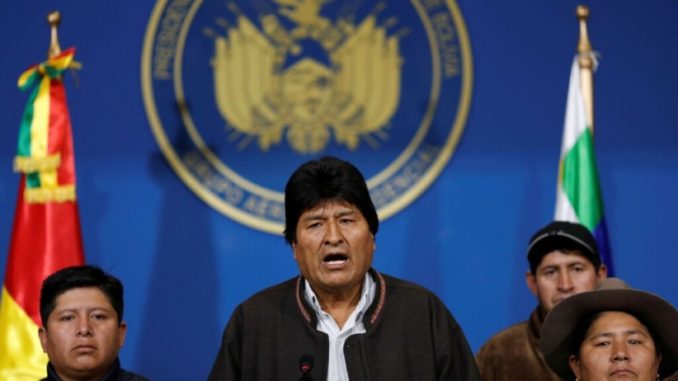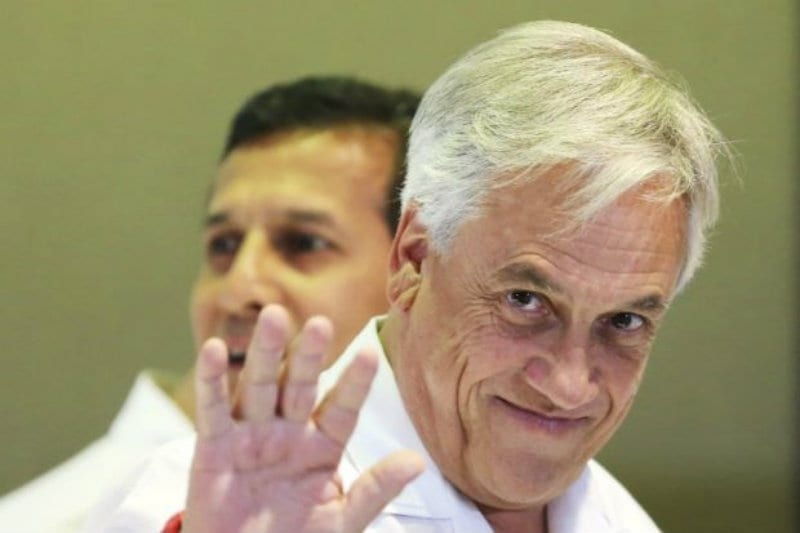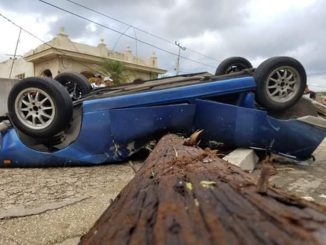
LA PAZ – Bolivian President Evo Morales, the first indigenous ruler of the country, announced his resignation in a televised address on Sunday after weeks of protests around “irregularities” in last month’s elections.
Earlier in the day, he agreed to call new elections after the Organization of American States released the results of its audit into the October 20 vote, which Morales narrowly won. The OAS found irregularities in nearly every area which it reviewed.
But within hours, Bolivia’s military chief General Williams Kaliman said holding a new election was not enough. “After analyzing the situation of internal conflict, we ask the president to resign, allowing peace to be restored and stability to be maintained for the good of our Bolivia,” Kaliman said.
The announcements by Kaliman and the OAS sparked off a dramatic day as key allies – including ministers, Electoral court officials, regional governors and government legislators – stepped down.
”Fully support the findings of the @OAS_official report recommending new elections in #Bolivia to ensure a truly democratic process representative of the people’s will. The credibility of the electoral system must be restored,“ U.S. Secretary of State Mike Pompeo tweeted.
Morales, who is serving his fourth term as president, had previously called the protests around his election a coup.
The long-time president did not indicate whether he would once again be running in the new elections. Despite Sunday’s announcement, opposition leaders have continued to call for him to step down.
Latin America’s longest-serving leader went into the election needing a 10 percentage-point lead to avoid a runoff and secure his fourth term in office. Partial results released after the election had predicted Morales would face a December runoff election against his main rival, former President Carlos Mesa.
Then, less than 24 hours later, the electoral commission released new numbers that showed with 95% of votes counted, Morales was just a 0.7 percentage point short of the 10 percentage-point mark.
The announcement prompted opposition complaints of fraud, and triggered violent protests in several cities.
At least three people have been killed in street battles that erupted after Bolivia’s opposition accused Morales of rigging an Oct. 20 election, and culminated on Sunday with Morales resigning, ending his near 14-year rule.
Morales – a 60-year-old former union leader who remains popular with many Bolivians, particularly in poorer rural areas – had earlier agreed to the new vote, but for many around the country that was not enough.
Amid clashes in the streets between supporters of Morales and opposition protesters, some said they could see no easy resolution to the worst crisis in decades in the nation of 11 million people.
Opposition leader Carlos Mesa, who came second in October’s vote, said earlier on Sunday that Morales should step down and called for demonstrators to remain “mobilized” until the crisis was resolved.
Morales – who has overseen more than a decade of solid economic growth and used taxes from mining and natural gas projects to build roads and schools – had slammed the opposition and in particular protest leader Luis Fernando Camacho, accusing them of stoking unrest and undermining the constitutional order.
Camacho, a civic leader from Santa Cruz who has become an opposition icon, said on Sunday that protesters would only return home once democracy has been restored.
Bolivia’s opposition accused the charismatic Morales of clinging to power and trampling term limits after he ignored a 2016 referendum in which voters rejected his request to run again in this year’s election.
Morales appealed to Bolivia’s top court, packed with government loyalists, which struck down term limits allowing him to run for a fourth straight mandate, a move that angered even some of those who supported him before.
The Oct. 20 election was marred by allegations of fraud after an unexplained halt to the vote count was followed by a sharp swing in the president’s favor. Since then Bolivia has been in crisis, with many cities shut down by road blocks, some borders closed and government buildings picketed.
In a setback to Morales, Juan Carlos Huarachi – the head of the Bolivian Workers’ Confederation union group – had dropped his staunch support for the president on Sunday and urged him to consider stepping down if it would help restore peace.
Morales had been defiant, insisting that the standoff was not about him but about the need for a government of “the people” to remain in power. However the powerful Catholic Church bishops also invited him to step down to help pacify the country and the confederation of indigenous peoples adopted a similar attitude.
Morales’ departure deprives the Left of a powerful icon in Latin America. Argentina’s Peronist President-elect Alberto Fernandez, as well as recently released ex Brazilian president Lula da Silva, Venezuelan President Nicolas Maduro and government officials from Cuba and Mexico, voiced support. Likewise ex president Cristina Kirchner also claimed that what happened in Bolivia was a coup.
Morales, in a sometimes emotional resignation speech, decried a “civic coup” against him and said that while he was stepping down, it was not the end.
“I want to tell you sisters and brothers, the fight does not end here, the humble, the poor, the social sectors, patriotic professionals we are going to continue with this fight for equality and for peace,” he said. ”We’ll be back and be millions”, he promised.–MercoPress



